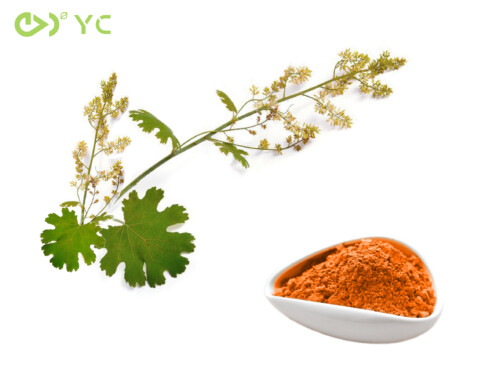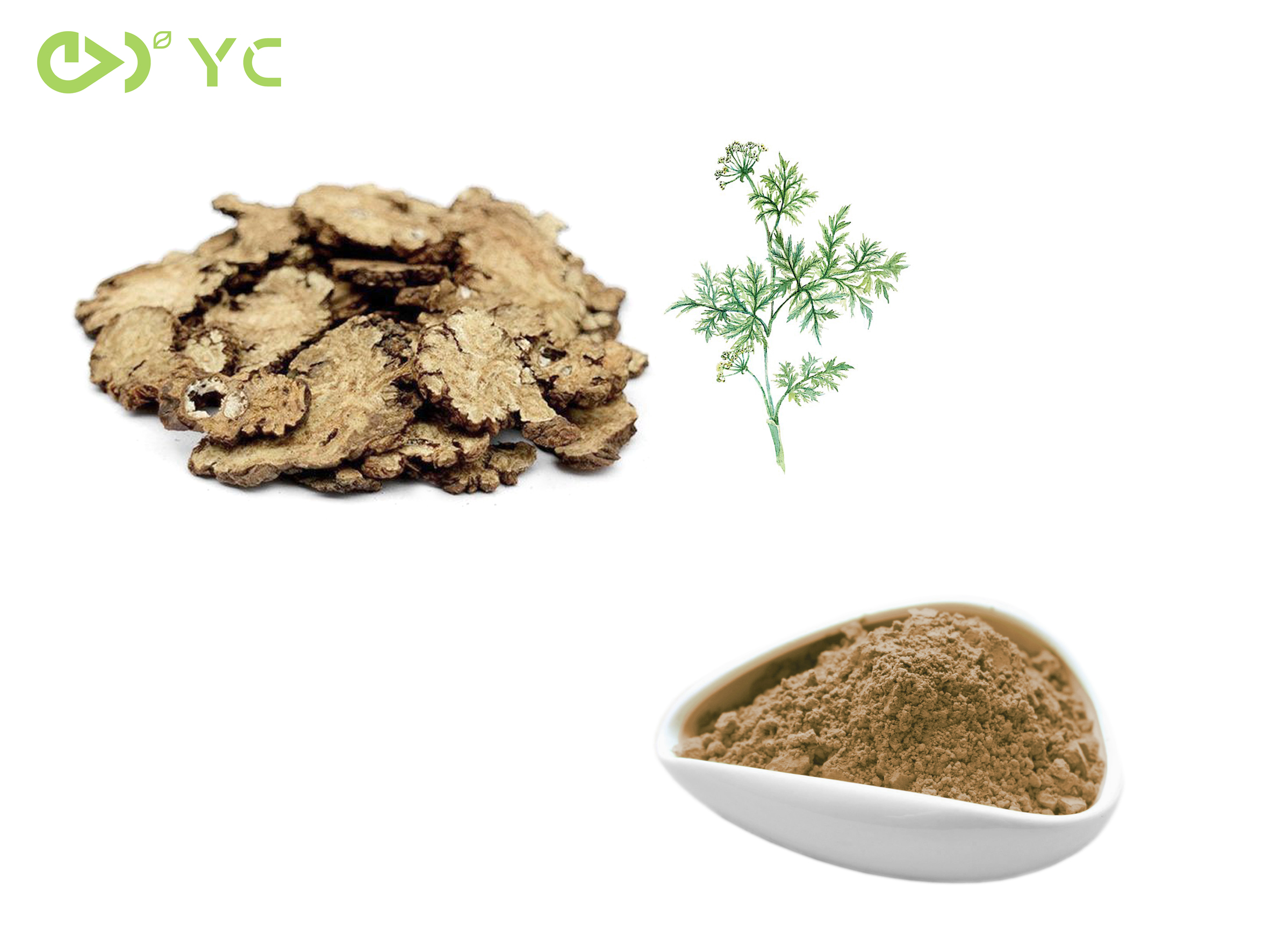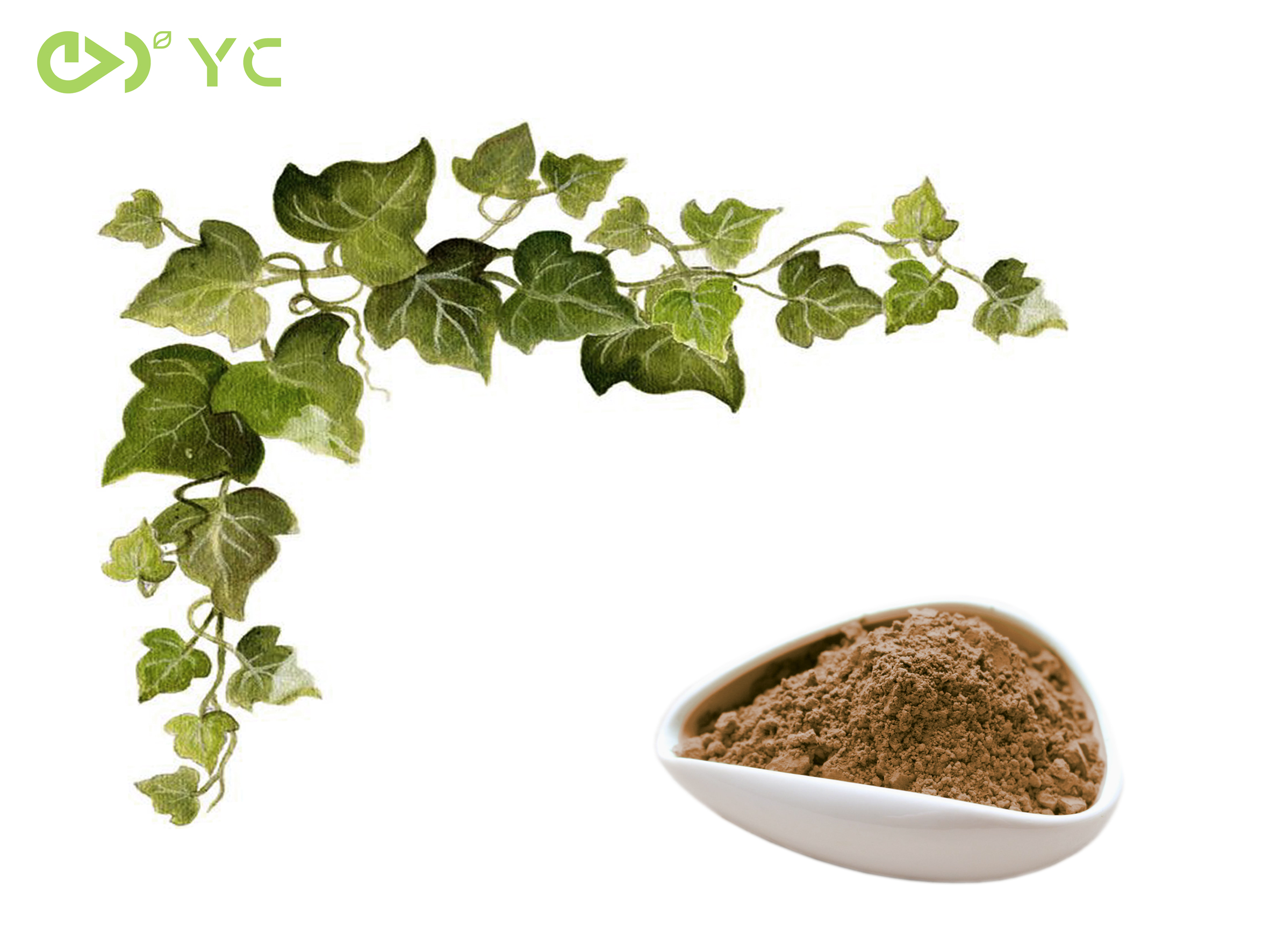Magnolia Officinal Bark Extract is a major constituent of currently marketed dietary supplements, cosmetic and toothpaste products, and the main components are Magnolol and Honokiol. It has antibacterial, anti-inflammation, antioxidant and anti- depressed effects. The Magnolol has significant antimicrobial activities against Gram-positive bacteria and acid-resistant bacteria and also has significant anti-caries effect.
- Animal nutrition
- Dietary supplement
- Cosmetic products,Toothpaste products






